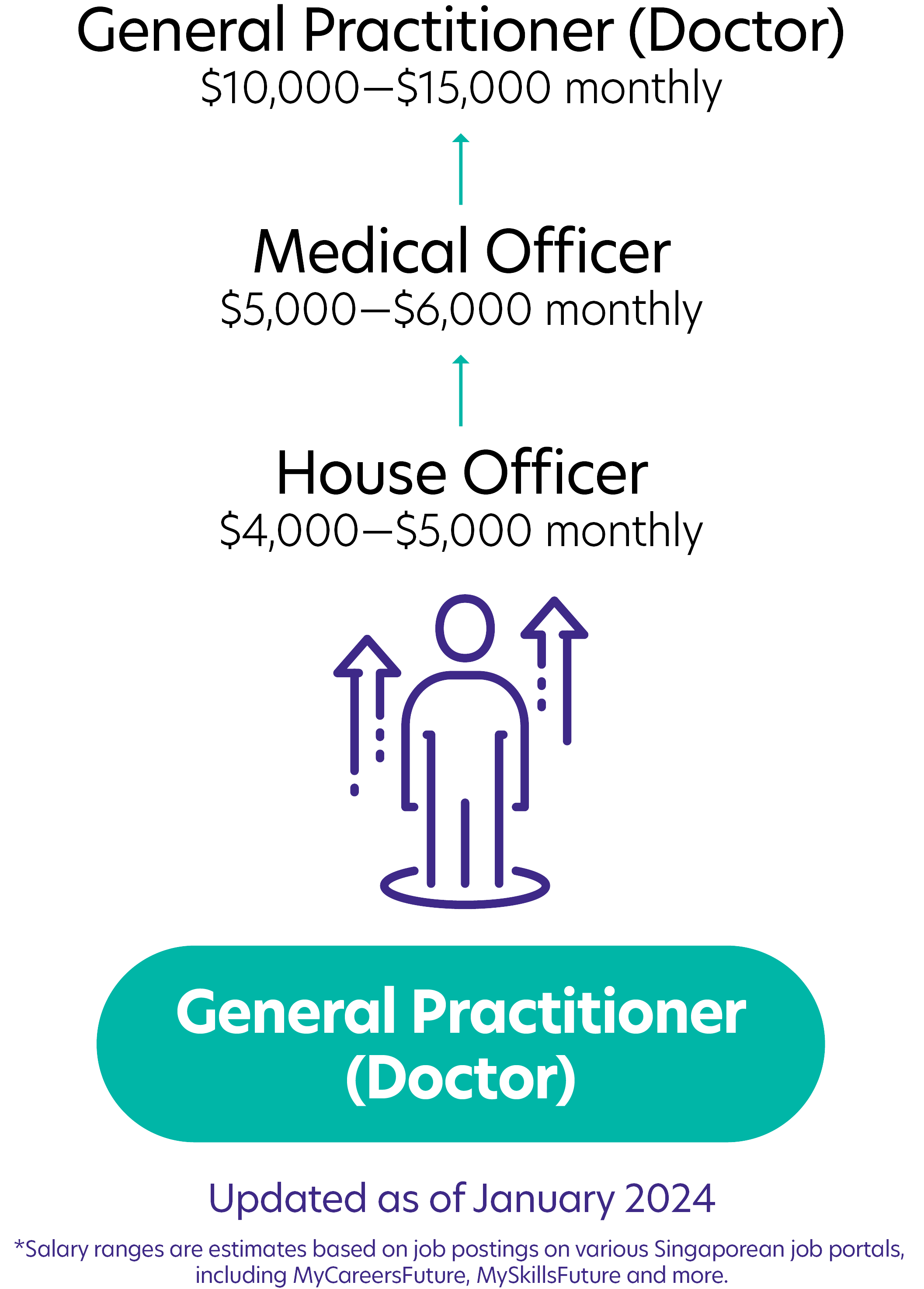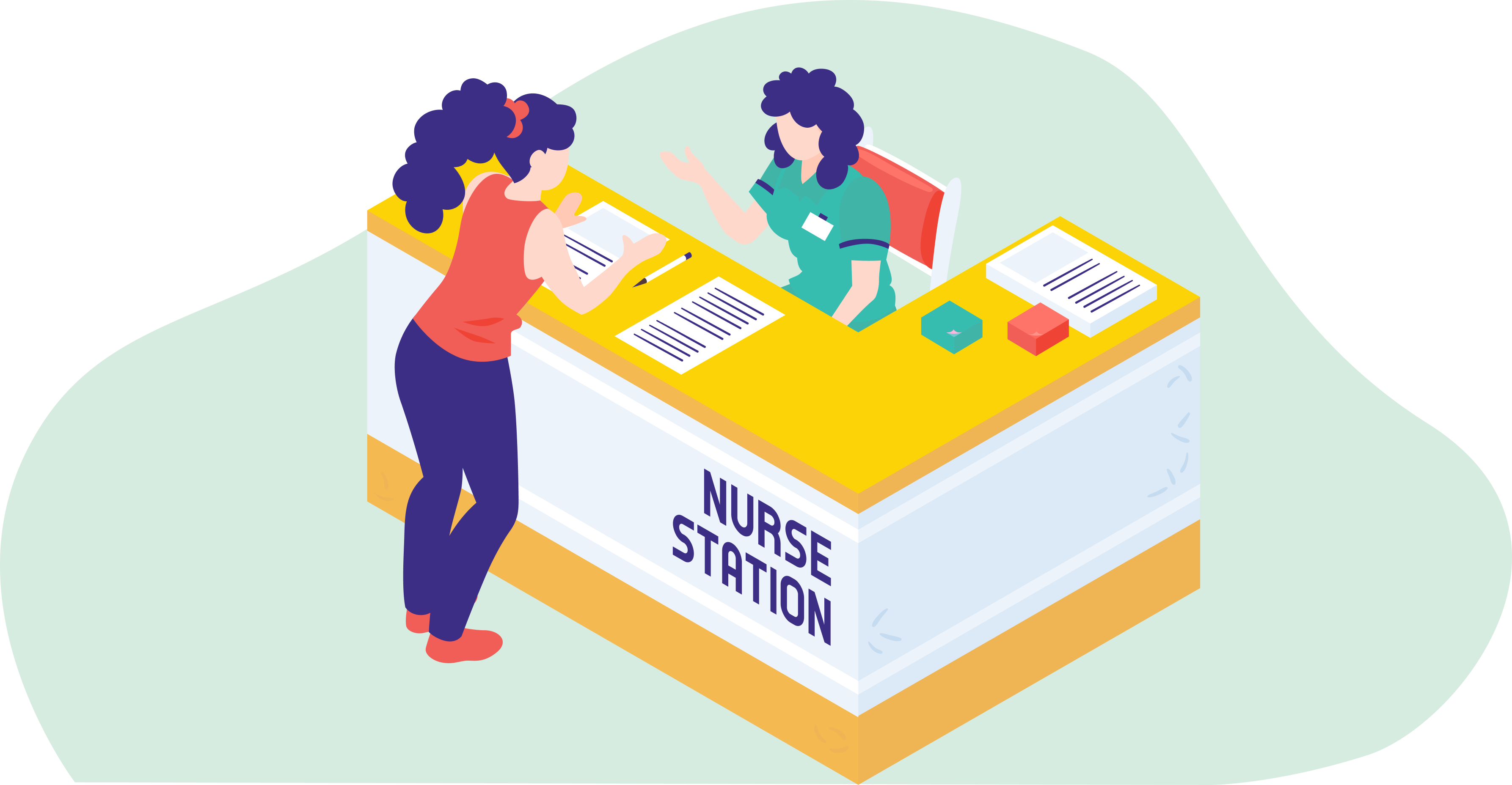
General Practitioner (GP) Doctors treat and prevent illnesses, diseases, injuries, and other physical and mental impairments.
General Practitioner Job Description
- Advise patients and community members about diet, hygiene, and disease prevention measures.
- Explain procedures, test results, or prescribed treatment regimes with patients.
- Monitor patients' conditions and progress and re-evaluate treatments whenever necessary.
- Participate in clinical research on new cures and treatments and communicate research findings.
- Perform minor surgical procedures on patients to remove, repair, or improve infected or injured body parts.
Note
While General Practitioner Doctors focus on common illnesses and ailments, they also need to be able to diagnose issues that may be more serious for further investigation.
What you should know about General Practitioner jobs in Singapore
Nature of work
You will conduct regular patient consultations involving health assessments, diagnosis, and treatment planning.Key advice
Stay updated with the medical research and advancements in primary care to provide the best possible treatment to your patients.-
Entry RequirementsEntry Requirements
- In Singapore, a medical degree is only available at Nanyang Technological University (NTU) or the National University of Singapore (NUS). In NTU, applicants need to take the Biomedical Admissions Test (BMAT) on top of the GCE 'A' Level examination.
- Alternatively, you may join the Duke-NUS Doctor of Medicine (MD) programme or overseas medical programmes recognised by the Singapore Medical Council.
-
Possible PathwayPossible Pathway

Skills you need to pursue a General Practitioner career in Singapore
Diagnostic and Clinical Management
Proficiency in diagnosing a wide range of health conditions and managing them clinically.Knowledge of Adverse Drug Reactions
In-depth understanding of various medications and their potential adverse reactions.Emergency Response
Be adept at handling urgent medical situations, providing immediate care and treatment or referral.Compassion
A compassionate approach to patient care, essential for understanding and addressing their health concerns.Empathy
The ability to empathise with patients, crucial for building trust and providing personalised care.Communication
Excellent communication skills, vital for explaining medical conditions and treatment plans clearly to patients.Related Job Roles
Explore Other Programmes
Browse AllYou have bookmarked your first item!
Find it in My Discoveries with insights on your interests!



